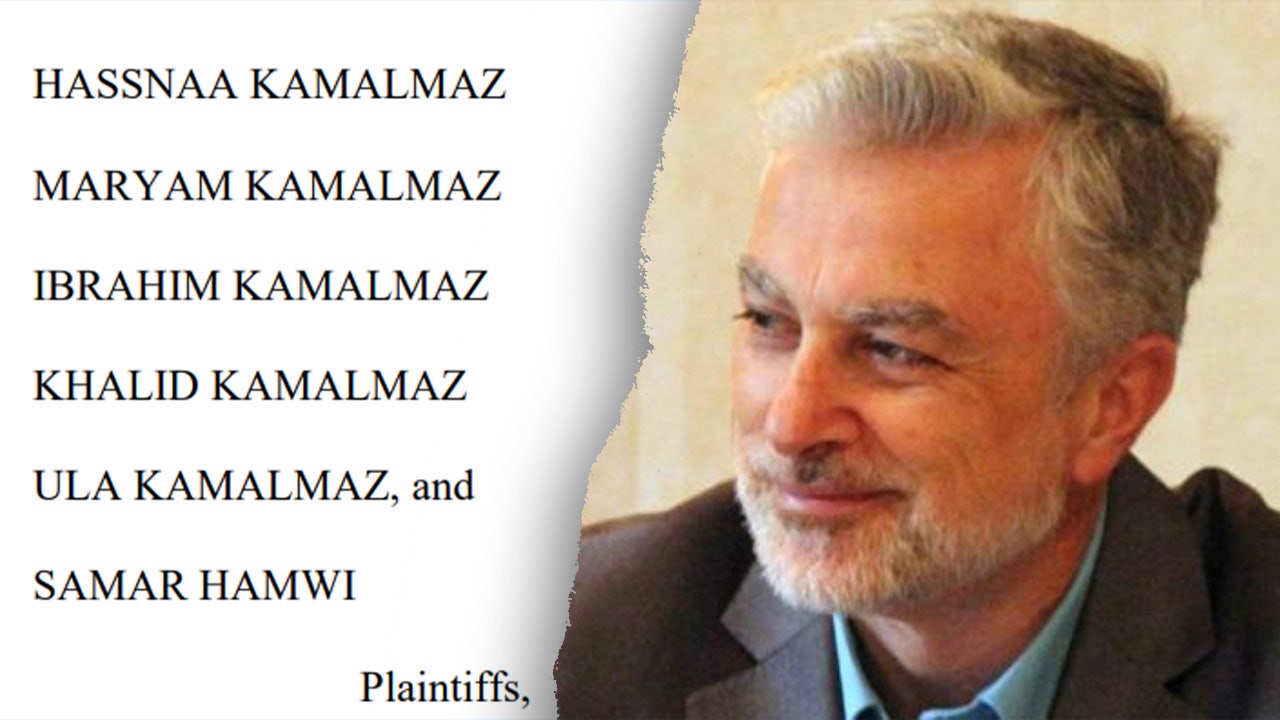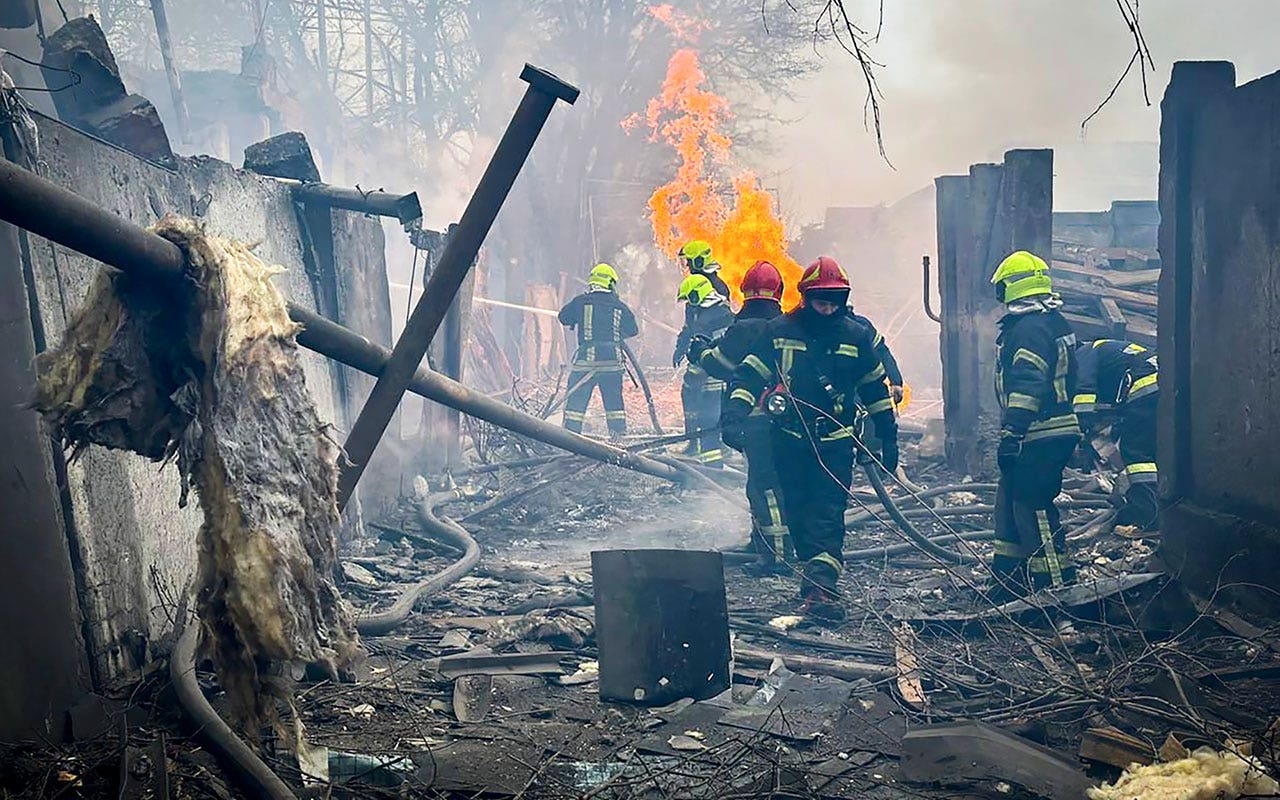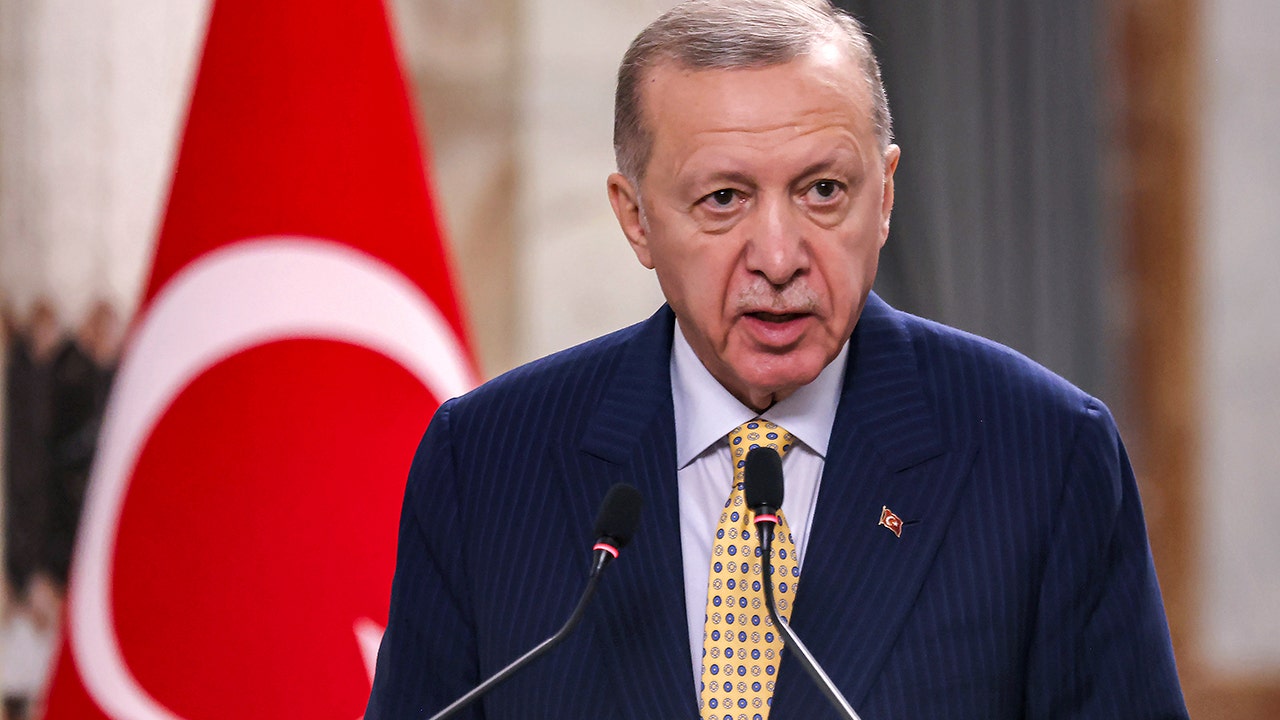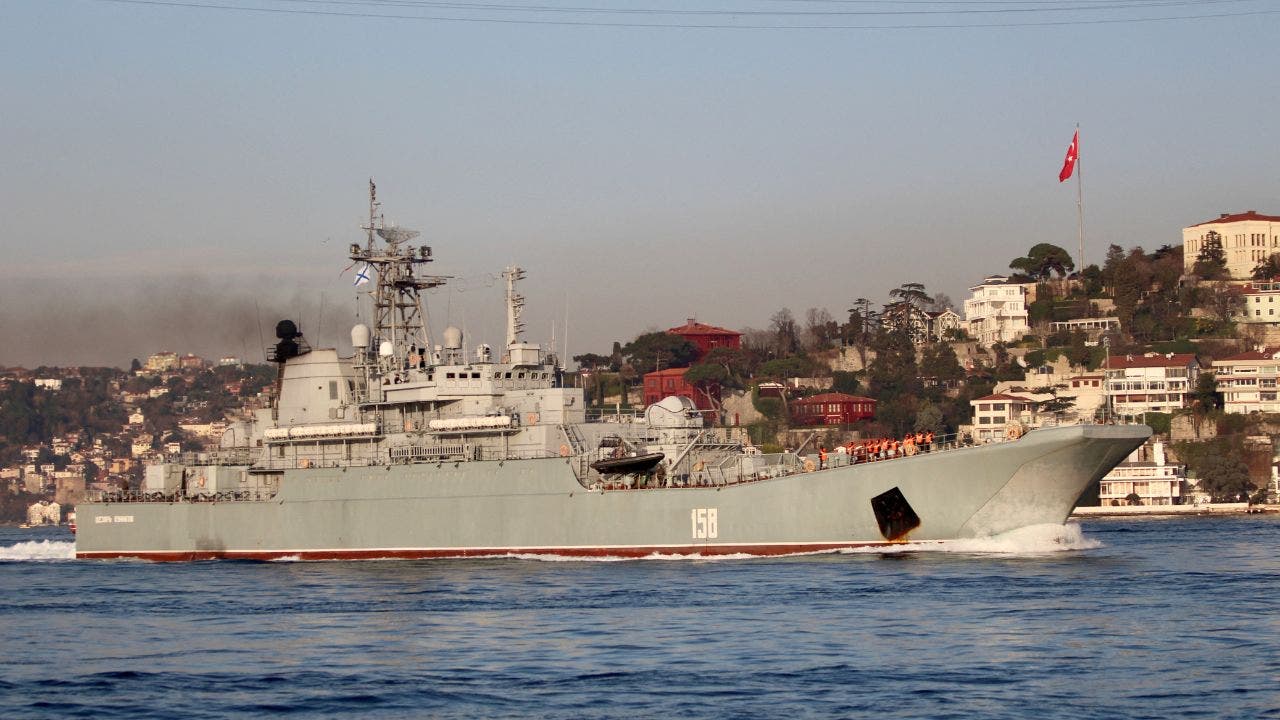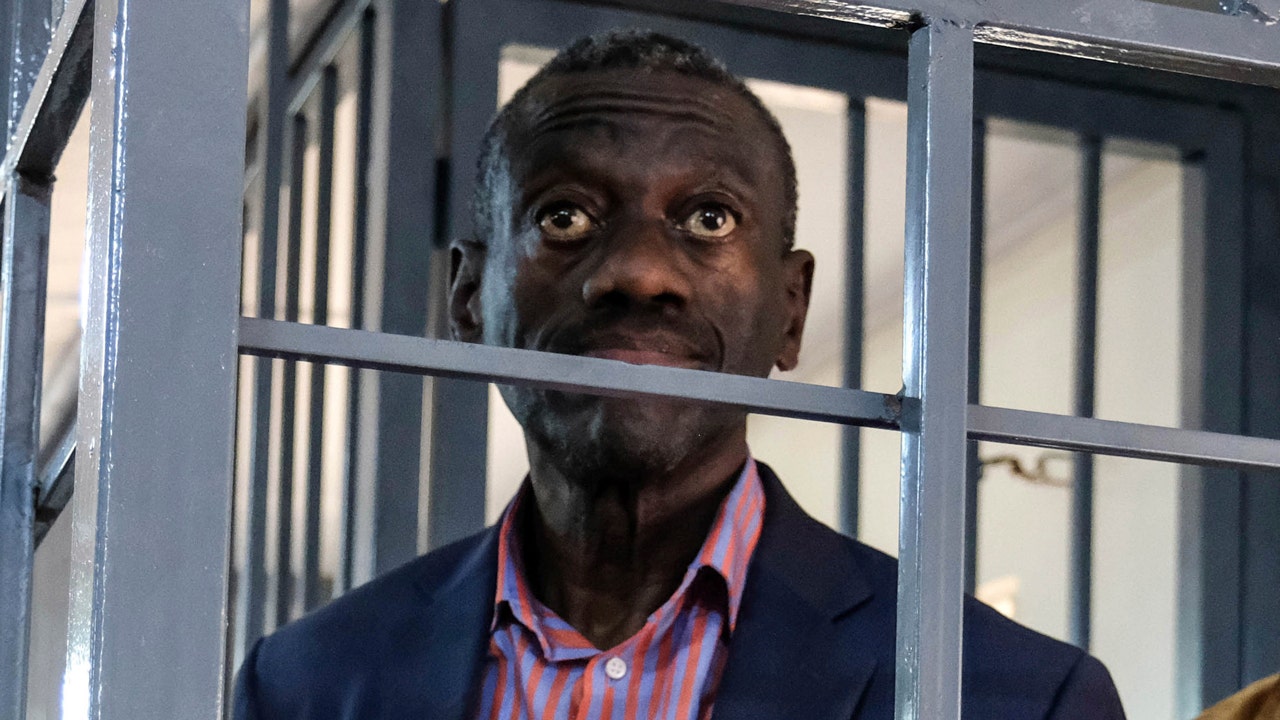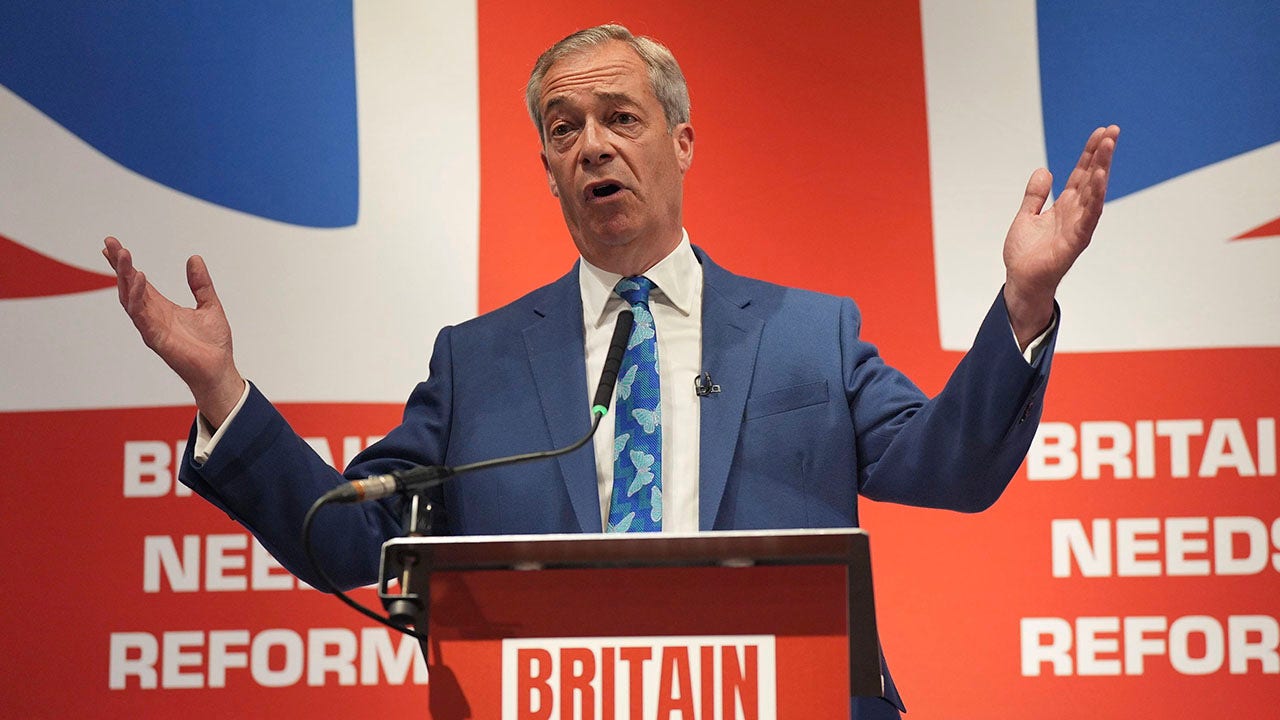Iran held parliamentary elections on Friday, but despite officials’ last-minute attempts to increase voter turnout with pleas on social media and roses at polling stations, many people stayed away from the ballot in an act of protest against the government, according to witnesses, interviews and news reports.
In the capital, Tehran, the turnout was estimated at 11 percent, and across the country, turnout was around 30 percent to 40 percent, even with polls extending their opening hours to 10 p.m. from 8 p.m., according to news reports and the hard-line parliamentary candidate Ali Akbar Raefipour in a post on social media.
The current speaker of the Parliament, Gen. Mohammad Ghalibaf, a commander of the Revolutionary Guards Corps who is running for re-election on the conservative ticket, took to the social media platform X on Friday to plead with people to call at least 10 others and urge them to vote.
“It’s not just winning the elections that matters, increasing participation is also a priority,” General Ghalibaf said in his post.
For many ordinary Iranians fed up with a faltering economy — and with the government’s oppressive rules and violent crackdowns on peaceful protests — their demands for change extend far beyond what is offered by the existing political parties, with their reformist and conservative factions.
Ahead of the vote, calls for a widespread boycott of the election had gained steam, with prominent activists and dissidents encouraging Iranians to turn the occasion into a protest against the government. The jailed Nobel Peace Prize laureate Narges Mohammadi said in a statement that boycotting the vote was a “moral duty.”
In protests that erupted in 2022 in the aftermath of the death of Mahsa Amini while in the custody of the morality police, men and women chanted for an end to the clerics’ rule of Iran with the slogan “Reformists, conservatives, the game is over.”
“This system has done nothing positive to improve people’s lives,” said Marziyeh, a 59-year-old woman from the southwest city of Ahvaz who, like many interviewed, insisted on giving only her first name for fear of retribution.
Former President Mohammad Khatami, father of the reform party, did not vote, according to his former vice president, Mohammad-Ali Abtahi, marking the first time that Mr. Khatami had sat out an election. He apparently was the most senior politician in Iran to boycott the vote.
The Reformist Front, a coalition of parties, said it had no candidates in the race and called it “meaningless, noncompetitive and ineffective elections.”
In past years, elections in Iran were competitive and participation reached over 50 percent. But on Friday, amid the drop in turnout, state television sought to cast a different narrative.
It showed selected polling stations in Tehran where officials cast ballots and government supporters lined up to vote, flashing their identification cards for the camera. State television also showed polling stations in smaller towns that had voters casting ballots.
President Ebrahim Raisi said on state television after casting his ballot that the election was a “symbol of national cohesion and unity, and all political groups have come today with their candidates to mark a glorious day for the Iranian nation.”
Hatef Salehi, 38, an analyst who is an employee of Tehran’s municipality, said in an interview, “I voted because I still think the best way to change the political and social system from radicalization is through gradual reform and the ballot box.”
But residents across a range of locations — big cities like Tehran, Isfahan and Shiraz and smaller ones like Sari and Lahijan — said in interviews that polling stations in their neighborhoods were mostly empty and only the most loyal supporters of the government had shown up to vote, with many other Iranians choosing not to leave their homes.
A 23-year-old university student in Tehran who asked that his name not be used out of fear of retribution said he and his friends were not voting because “prisoners don’t vote for their prison guards.”
A separate election was held for the Assembly of Experts, an 88-member clerical body that is responsible for naming, advising and supervising the supreme leader. The incoming assembly is expected to name the successor to the current supreme leader, Ayatollah Ali Khamenei, who is 84 and has been in the role for more than three decades.
.
Novel ways to lure voters to the ballot were on display around Tehran. At the landmark Hosseinieh Ershad, a religious and cultural center that serves as a marquee polling station, a man handed out long-stemmed roses to people standing in line. A young couple showed up in their wedding attire. And downtown, a pop singer staged a concert inside Talar Vahdat, a cultural venue turned polling station for artists, musicians and actors.
At a news conference on Friday, Mohsen Eslami, the spokesman for the country’s election headquarters, named a handful of provinces as leading in voter turnout. But they were mostly smaller provinces like Kohgiluyeh and Boyer Ahmad, in the west, and Kerman, in the east, and Qom, the religious stronghold of the government, in the center of the country.
The conservative are expected to win and maintain their grip on the Parliament. They are running nearly unchallenged because most of their rivals from independent, centrist and reformist political factions were disqualified from the race.
Official results are expected in a few days, though officials have been known to announce results province by province within 24 hours.
Despite the reformist factions having no candidates on the ballot, a split emerged among members: Some prominent figures showed up to vote, including Behzad Nabavi and Mohammad Reza Aref.
Saeid Nourmohammadi, the spokesman for the Neday-e-Iranian party, which identifies as reformist, said his party was supporting about 30 candidates whom it considered more centrist and close to reformists.
“Historically, we have gained nothing by boycotting the election,” Mr. Nourmohammadi said. “Even if there is no possibility to win the election, we should still put efforts to win some seats in the Parliament.”
A 40-year-old engineer named Mahdiyeh from Tehran said that, until a few years ago, she had participated in every election but that the candidates she supported had failed to bring any tangible changes. She said she was not voting this time.
“At the moment, I am not going to vote,” she said in an interview. “I cannot find a candidate who would be able to possibly represent me.”

